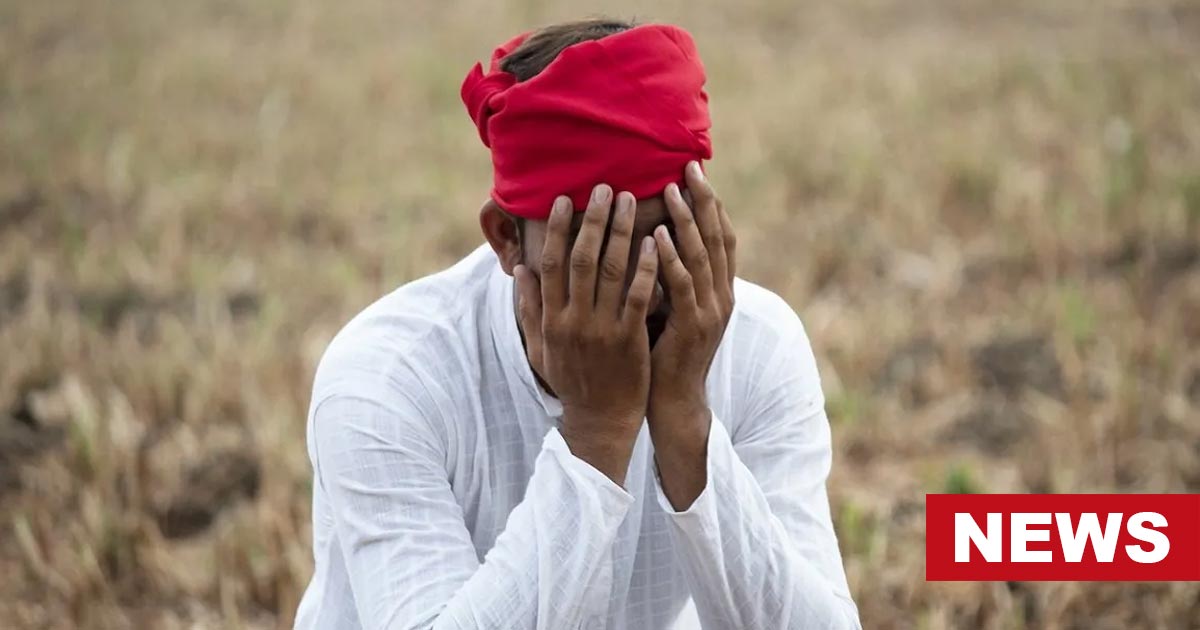- Actor Nawazuddin Siddiqui’s comments trivializing issues of mental health in rural India have sparked controversy.
- Statistics, however, reveal the severity of mental health challenges in rural areas, namely, anxiety, depression, and substance use disorders.
Nawazuddin Siddiqui, a famous actor in Indian cinema, recently claimed that depression is an urban concept that is often sensationalized and glorified by people living in cities.
In his interview with Mashable India, he said: “No one gets depression in villages, everyone is happy there). But I learned about anxiety, depression, bipolar disorder after coming to the city.” His comments drew a huge ire and people accused him of fuelling the misunderstanding and stigmatization that plague mental health in India.
Siddiqui wasn’t alone, though. He is the latest in a long list of Indian celebrities, including actor Salman Khan and cricketer Kapil Dev, who has trivialized the importance of mental wellness in our daily lives.
Critics in particular accuse Siddiqui of downplaying the dire crisis of mental health issues in rural India, including the growing rates of depression, substance use, and suicide.
Mental Health In Rural India—What Do Statistics Say?
Statistics on mental health in rural India reveal a significant and pressing issue. Studies show that anxiety, depression, and suicidal ideation affect 10.8%, 14.4%, and 3.5% of the rural population respectively.
Substance use disorders affect 10% of the rural population. Moreover, research claims that the incidences of personality disorders, particularly antisocial personality disorders, are higher in rural men than in their urban counterparts.
Women in rural India are thought to be at a higher risk of mental health disorders compared to men. Women develop depression, anxiety, sleep and eating disorders, trauma, self-harm tendencies, and suicidal ideation, as they often bear the burden of multiple responsibilities—including household chores, childcare, and agricultural work.
These lead to chronic stress and exhaustion. Additionally, women in rural areas may experience gender-based violence, discrimination, and social stigma, further exacerbating their mental health challenges.
Obstacles To Mental Healthcare In Rural India
Despite the prevailing poor mental health in rural India, mental health awareness and access to mental healthcare services are severely limited. A substantial proportion of rural-dwelling older adults experience depressive symptoms, but only one-third report such symptoms.
A study published in BMC Psychiatry, in fact, stated that resources for providing treatment for mental illness vary between 70% and 92% across several states in India.
Furthermore, it showed that there are only 0.3 psychiatrists, 0.07 psychologists, and 0.07 social workers per 100,000 people in India. These statistics underscore the urgent need for increased awareness, improved resources, and enhanced support systems to address mental health concerns in rural India effectively.
Several factors dictate why rural India faces numerous obstacles when it comes to accessing mental healthcare. One major challenge is the severe shortage of mental health professionals and facilities in rural areas.
The lack of psychiatrists, psychologists, and social workers hinders the availability of specialized care. Moreover, the limited infrastructure and resources in primary health centers make it difficult for individuals in rural areas to acknowledge one’s own mental distress as well as receive timely and appropriate mental healthcare.
Speaking to Mint about the epidemic of mental health issues in rural India, Dr. Roy Abraham Kallivayalil of Pushpagiri Institute of Medical Sciences, Tiruvalla, elaborated: “When people in rural areas need help, often there isn’t any available. In most district or taluk levels, primary health centers don’t have a therapist or a psychiatrist, making access difficult. When people, including children, have depression or anxiety or ADHD, which can often be invisible, it is more difficult to recognize and get help.”
Additionally, there is a prevalent stigma surrounding mental health issues in rural India, which discourages people from seeking help and discussing their problems openly.
The cultural and social barriers (like caste), coupled with a lack of awareness about mental health, further contribute to the obstacles faced by individuals in rural India in accessing the mental healthcare they need. Addressing these obstacles requires investment in mental health infrastructure, awareness campaigns, and community-based initiatives to improve access and reduce stigma.
Know More About –
Related Articles –
- Successful Tips for Taking a Mental Health Day: When and Why You Should Consider It
- The Alarming Mental Health Crisis In India
- 6 Things You Can Do To Reduce Mental Stress









